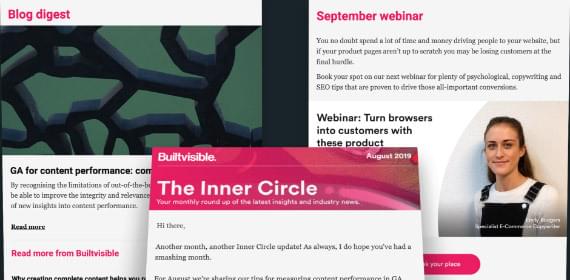What We’re Seeing
The 3,000-word “Ultimate Guide” article remains the default approach to informational ranking for many. Increasingly, however, Google and other search engines have been rewarding user-generated, bite-sized content that answers specific user queries – a change largely driven by recent algorithm updates benefitting sites like Reddit.
Google has been refining its ability to interpret user intent for years, aiming to match search results more precisely with what users are truly looking for and the August core update confirmed this shift.
The inclusion of an ‘originalContentScore’ in Google’s leaked algorithm data reveals a clear emphasis on content quality, originality and user value rather than simply word count. A metric that demonstrates how Google is moving beyond traditional measures, such as length, to assess the genuine usefulness and uniqueness of content.

The code above implies that the value of “thin content” – that is, short or concise articles created solely to perform well in search rankings – must be based on their originality, insight and value to the user.
Dive Deeper
For brands and content creators, a more nuanced approach to SEO is essential in 2025. To understand why longer copy or extensive detail could be penalised by Google, or how Google’s AI-powered processing models are being used to evaluate the helpfulness of content, download the full whitepaper now.
Our Prediction
In 2025, content audits will need to be more precise, with a focus on identifying areas with lengthy content to prune, ensuring tighter topical relevance for each page, particularly on websites with a mature organic presence. With developments in AI, tools like GA4 will also allow brands to better understand year-on-year performance and assess topical relevance for potential content refinement.
“In 2025, brands must look closely at their content to ensure they stay in their lane in terms of topics covered, both at a page level and through a broader content planning lens to prevent topical drift.” – Harry Clarke, Head of SEO
As Google looks to retain users within its ecosystem, quality content will be increasingly tied to user intent. Additionally, Google’s increased use of UGC as a trusted content source from platforms like Reddit may encourage brands to revisit their approach to audience engagement.
Download the full whitepaper
Is your content optimised for Google – or for your users? Download the full whitepaper, “SEO in 2025: What Marketers Need to Know” now to ensure your brand is well prepared to weather Google’s shifting focus.
Stay tuned for our next blog in the series, where we’ll explore whether brands are placing enough emphasis on localisation and local SEO in 2025.
